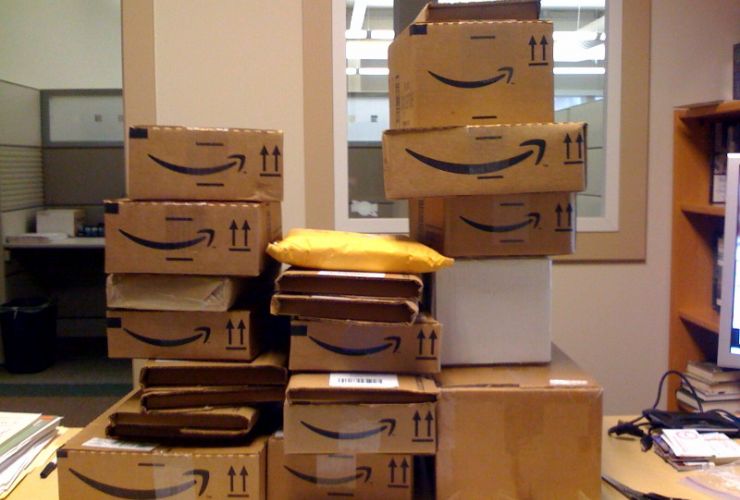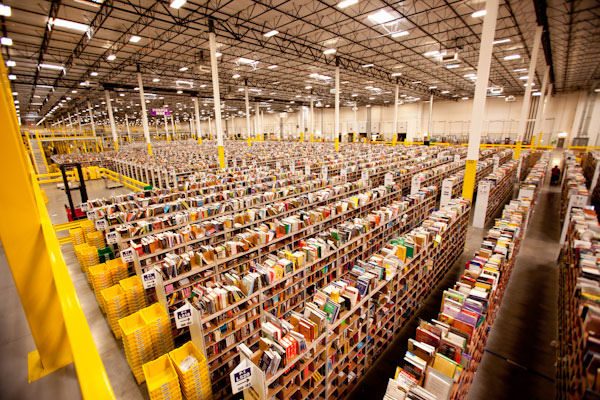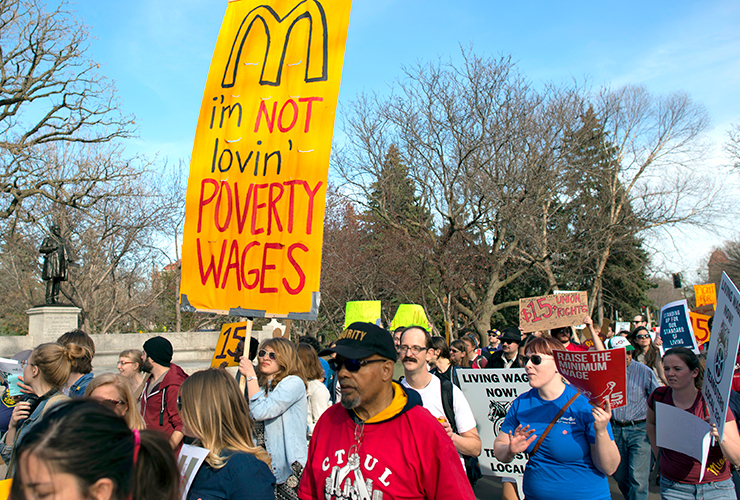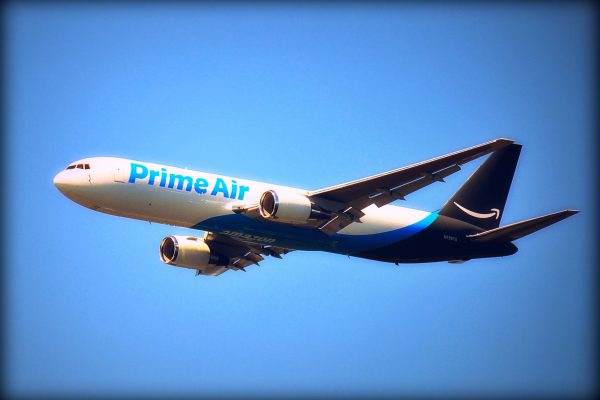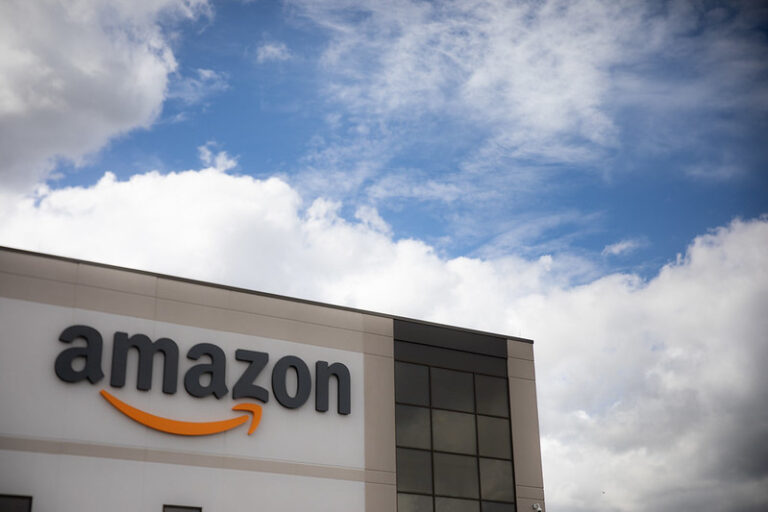It’s hard to avoid Amazon these days. Almost 100 million Americans are Prime subscribers, and our news cycle is dominated on the regular by the company’s latest feats: it accounted for 45.5 percent of all book sales last year, for example, while Jeff Bezos recently toppled Bill Gates as the world’s richest man. Now, after the company’s well-publicized search for its second headquarters, Amazon’s empire continues to expand.
The pieces below examine this power and influence from a variety of angles—from Amazon’s effects on housing markets to workers’ rights—but they all, at their core, engage with what Amazon’s increasing power means for our democracy. The fact that Amazon provides “enormously popular and useful goods and services is indisputable—but also beside the point,” K. Sabeel Rahman notes. “The central issue here is not simply the value for the consumer. Instead it is vast, unaccountable private power over the foundations of contemporary society and politics. In a word, the central issue is democracy.”
—Rosie Gillies
Forum
Cash grants have a role to play in building a decent future for work—alongside much else.
Forum
Consumer prices are not the only concern raised by dominant companies.
